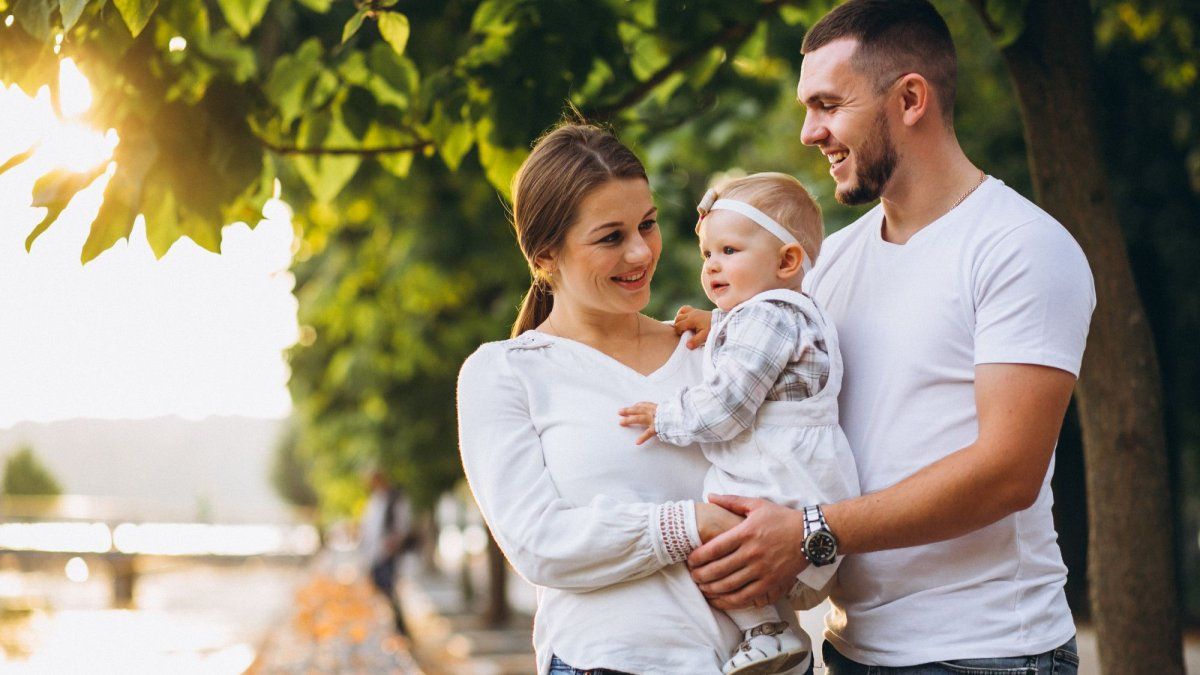Trump cemented the conservative majority in the US Supreme Court. Now the Supreme Court is dealing with a Texas abortion law. Plaintiffs can hope cautiously.
In the dispute over an extremely strict abortion law in the state of Texas, the US Supreme Court has raised some hope in proponents of the right to abortion. The Supreme Court held a hearing on the case on Monday.
Two conservative judges appeared open to the arguments of abortion clinics. A majority of the judges thus signaled that they could allow the law to be challenged. A final decision was still pending.
The Texas Heartbeat Act prohibits abortion once the fetus’s heartbeat has been determined. This can be the case as early as the sixth week of pregnancy. Many women do not even know at this point that they are pregnant. There are no exceptions for rape. This means that almost all abortions are prohibited. Both the US government of Democratic President Joe Biden and abortion providers had sued the law. The Supreme Court now seemed open to the clinics’ arguments.
The law, which came into force on September 1st, is difficult to take due to a legal tweak. The conservatively governed state has shifted enforcement of the law from state agencies to private individuals. They can bring civil action against anyone who helps a woman with an abortion. If successful, the plaintiffs can pocket money.
That has resulted in Texas clinics suspending abortions for fear of lawsuits. Actually, according to a principle judgment in the USA, abortions are allowed until the fetus is viable – today until about the 24th week of pregnancy.
US Attorney General Elizabeth Prelogar accused Texas of breaching the constitution during the hearing. The law was designed to prevent judicial review, she said. Critics of the law also fear that the way in which the regulation is designed could serve as a template to restrict other constitutionally protected rights.
The conservative judge Brett Kavanaugh now seemed open to this line of argument. He spoke of a “loophole”. Rights such as freedom of expression or the practice of religion could be at risk if other states copied the structure of the law and applied it to other areas. Conservative judge Amy Coney Barrett also voiced concerns that the law is aimed at circumventing constitutional scrutiny.
Kavanaugh and Coney Barrett were both appointed by then-President Donald Trump. With its decisions on particularly controversial issues such as abortion, immigration or same-sex marriages, the Supreme Court repeatedly sets the course for US society. During Trump’s tenure, the conservative majority in the court was expanded to six of the nine seats with the refill on the bench. The court had rejected an urgent motion against the Heartbeat Act in September and thus ensured that the regulation came into force in the first place.
Dozens of people gathered in front of the court in the US capital Washington on Monday. The law prevents women from having access to safe medical care, protester Jenny said. Men wanted to rule over women with the regulation. Jenny had come to court with her daughter Ava. This carried a sign that read: “Forced pregnancy is slavery.” Molly Duane, an attorney with the Center for Reproductive Rights, said: “This case is about so much more than abortion. It is about every constitutional right. “
“You can talk to your friend about your situation on the subway, and someone who goes with you on the subway can report you and get money,” said another protester. She had dressed up like the women from the series “The Handmaid’s Tale”. In the series, fertile women are abused as childbearing slaves. Alexis McGill Johnson, president of Planned Parenthood, complained that the law forced people in Texas to drive thousands of miles to get an abortion elsewhere. “You are faced with unbelievable loads,” she told CNN after the hearing.
Anti-abortion opponents also protested in front of the courthouse and held signs that read: “Let their hearts beat.” Protester Stephanie of the anti-abortion organization Students for Life held a heart balloon and said, “We believe this law is a step in the right direction to protect hundreds of lives every day.” Ultimately, however, one wants to protect all life from the moment of conception, said the young woman.
The three-hour hearing in the Supreme Court did not deal directly with the question of the right to abortion. The highest US court will soon deal with another case from the state of Mississippi, which could massively restrict the right to abortions nationwide.
Source From: Stern
David William is a talented author who has made a name for himself in the world of writing. He is a professional author who writes on a wide range of topics, from general interest to opinion news. David is currently working as a writer at 24 hours worlds where he brings his unique perspective and in-depth research to his articles, making them both informative and engaging.




